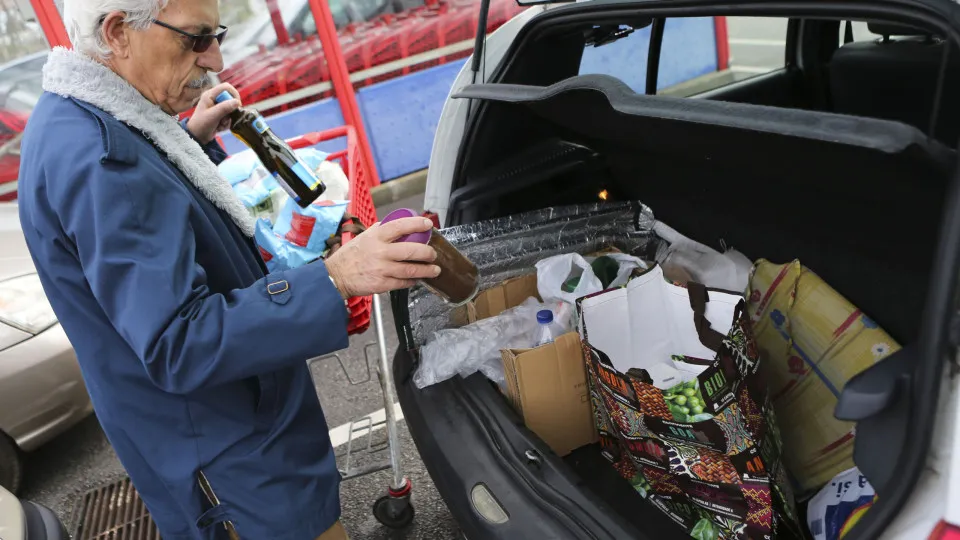
A report titled “HIV Infection – 2025” reveals that 997 new cases of Human Immunodeficiency Virus (HIV) infection were diagnosed in 2024, with five cases in children up to 15 years old. Three of these cases were diagnosed in Portugal, indicating mother-to-child transmission.
The three cases involved children born in Portugal, two boys and a girl, with one diagnosis made during the first year of life, while the other two were between one and four years old. All three cases noted mother-to-child transmission.
The report references data from the Working Group on Child HIV Infection, established in 1998 and now part of the Pediatric Infectious Diseases Society. This group collects and analyzes data on children born to HIV-positive mothers from birth until follow-up completion.
Between 2015 and 2024, 2,185 children were born in Portugal to mothers with HIV, with only 16 children (0.73%) contracting the virus.
Since 2017, the majority of mothers have been foreign nationals, predominantly from Portuguese-speaking African countries.
Among children born in 2024, just 30.4% had mothers born in Portugal, 66.6% of mothers had multiple pregnancies, and 73.7% of mothers were diagnosed with HIV before pregnancy.
For maternal diagnoses made during pregnancy, 72.3% were women of African origin, and 52.5% had lived in Portugal for one year or less.
One vertical HIV transmission case was noted in a poorly monitored pregnancy where the maternal HIV diagnosis occurred in the third trimester. Despite therapy, the mother had high viremia at birth.
Between 1984 and 2024, 746 HIV cases in children under 15 years were reported, with 642 diagnosed in Portugal, according to the report by DGS and the National Health Institute Ricardo Jorge (INSA). Among these, 51.6% were girls, diagnoses mainly occurred in the first year, 47.7% lived in Greater Lisbon, 73.7% were born in Portugal, and the most frequent transmission route was mother-to-child.
Only 7.5% of total vertical transmission cases were diagnosed in the last decade, noting that “the measures implemented in Portugal for preventing vertical HIV transmission have been highly successful”.
Bárbara Flor de Lima, the new director of the National Program for Sexually Transmitted Infections and HIV/AIDS, emphasized the importance of timely screening and proper pregnancy monitoring to prevent newborns from acquiring HIV.
She stated that HIV infection can be avoided through antiretroviral therapy and prophylaxis at birth, highlighting that three cases of vertical HIV transmission were reported in Portugal. Flor de Lima assured that health authorities are attentive to these data and, with a dedicated pediatric group, aim to ensure “no child” is born in Portugal with an HIV diagnosis.




